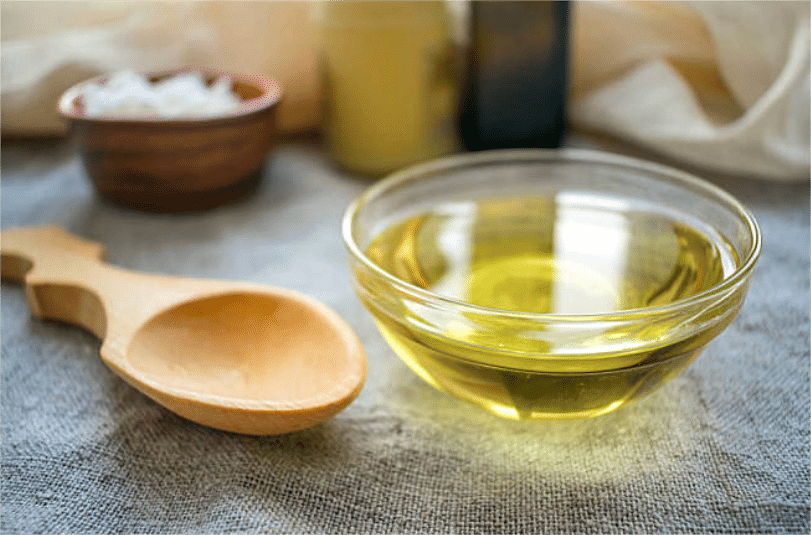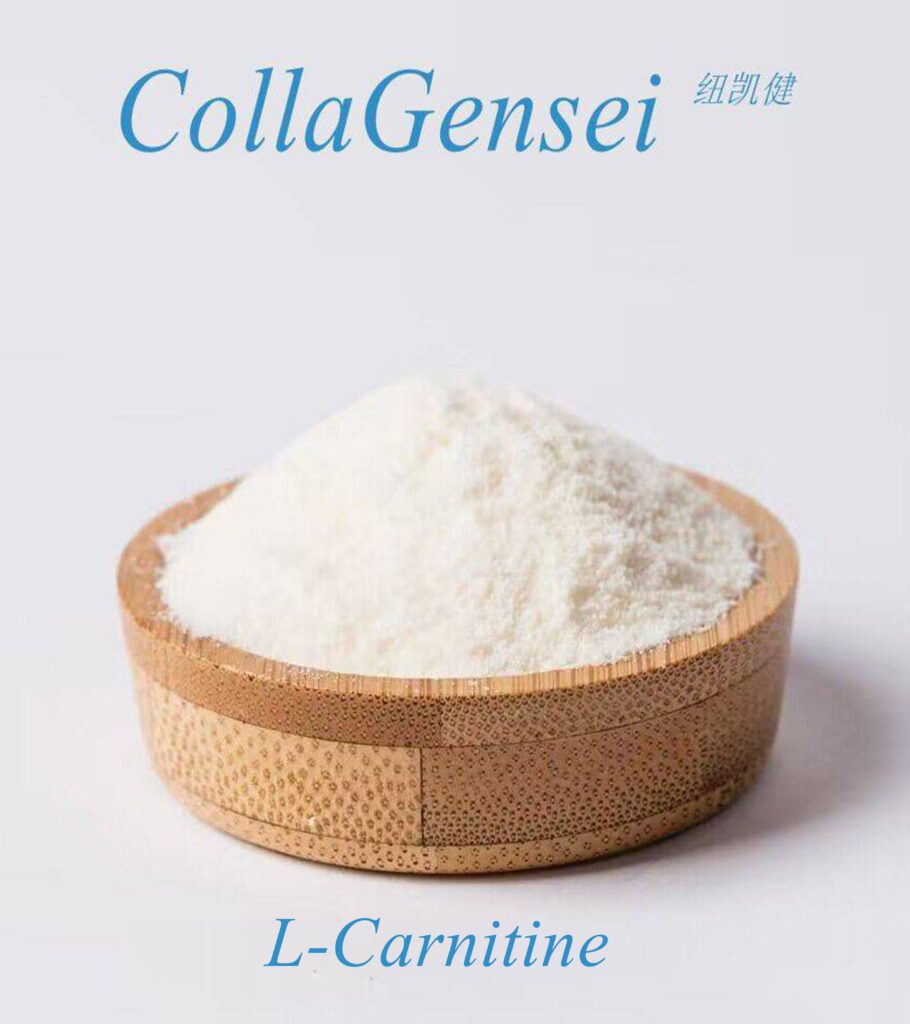In dietary supplements and beauty products, chondroitin and hydrolyzed keratin are prominent substances often discussed for their health benefits. While they support body structure and health, their origins, functions, and applications differ significantly. This article will delve into the characteristics, benefits, and uses of chondroitin and hydrolyzed keratin, ultimately helping you decide the best fit for your needs.
Origins and Composition
Chondroitin sulfate is a complex carbohydrate, specifically a glycosaminoglycan, found naturally in the connective tissues of animals, mainly cartilage. It is often sourced from bovine or shark cartilage for supplementation. Chondroitin is essential for maintaining the elasticity and integrity of cartilage, making it a popular choice for joint health products.
Hydrolyzed keratin, on the other hand, is a protein derived from keratin, an essential structural protein found in hair, skin, and nails. The hydrolysis process breaks down keratin into smaller peptides, making it more bioavailable and accessible for the body to absorb. This makes hydrolyzed keratin a popular ingredient in hair care and cosmetic products to strengthen and repair hair.
Health Benefits
Chondroitin
- Joint Health: Chondroitin is best known for supporting joint health. It helps reduce pain and inflammation associated with osteoarthritis and improves joint mobility. Many clinical studies suggest that long-term use can slow the progression of osteoarthritis.
- Cartilage Preservation: As a critical component of cartilage, chondroitin helps maintain cartilage structure. It attracts water, keeping the cartilage hydrated and functioning effectively, crucial for joint health.
- Anti-Inflammatory Properties: Chondroitin exhibits anti-inflammatory effects, which can help alleviate arthritis symptoms and improve overall joint comfort.
Hydrolyzed Keratin
- Hair Strengthening: Hydrolyzed keratin is primarily recognized for its benefits to hair. It can penetrate the hair shaft, providing strength and reducing breakage. This makes it especially beneficial for individuals with damaged or chemically treated hair.
- Moisture Retention: Hydrolyzed keratin helps retain moisture in the hair, promoting shine and manageability. It creates a protective layer around each strand, reducing frizz and enhancing overall appearance.
- Skin Health: Although its primary use is in hair care, hydrolyzed keratin can also benefit the skin. It can enhance skin hydration and elasticity, making it a valuable addition to skincare formulations.
Mechanisms of Action
Chondroitin functions primarily by drawing water into cartilage, helping to keep it hydrated. This hydration is crucial for maintaining the resilience and flexibility of cartilage. Additionally, it inhibits enzymes that break down cartilage, protecting existing cartilage and promoting overall joint health.
Hydrolyzed Keratin
Hydrolyzed keratin works by infusing the hair with essential amino acids and proteins. These smaller peptides can penetrate the hair shaft, repairing damage and strengthening the hair from within. The protective layer formed by hydrolyzed keratin reduces moisture loss and shields hair from environmental damage.
Forms and Dosage
Chondroitin
Chondroitin is typically available in capsule, tablet, or powder form. Standard dosages range from 800 to 1,200 mg daily, often combined with glucosamine for enhanced effects on joint health. Choosing high-quality supplements is essential. Its source of chondroitin can vary, affecting its efficacy.
Hydrolyzed Keratin
Hydrolyzed keratin is usually found in liquid or powder form and is commonly incorporated into hair care products like shampoos, conditioners, and serums. While there is no standard dosage for hydrolyzed keratin as a supplement, hair products containing it can be used regularly for optimal results.
Potential Side Effects and Considerations
Chondroitin
Chondroitin is generally well-tolerated, but some individuals may experience mild gastrointestinal discomfort, such as nausea or diarrhea. There are also concerns about its anticoagulant effects, which may interact with blood-thinning medications. Consultation with a healthcare professional is advised before starting chondroitin, particularly for individuals with existing health conditions.
Hydrolyzed Keratin
Hydrolyzed keratin is also considered safe for most people. However, some individuals may experience allergic reactions, especially those with sensitivities to keratin or animal products. Patch-testing products containing hydrolyzed keratin is essential to ensure compatibility with your skin or hair type.
Applications and Uses
Chondroitin
Chondroitin is predominantly used in dietary supplements aimed at promoting joint health. It is often marketed alongside glucosamine, as the two work synergistically to support cartilage and alleviate arthritis symptoms. Athletes and older adults are everyday users due to their higher risk of joint-related issues.
Hydrolyzed Keratin
Hydrolyzed keratin is widely utilized in the beauty industry, particularly in hair care products. It is commonly found in shampoos, conditioners, hair masks, and styling products designed to strengthen and protect hair. Additionally, it is increasingly used in skincare formulations to enhance hydration and elasticity.
Research and Efficacy
Chondroitin
Numerous studies support the effectiveness of chondroitin in managing osteoarthritis symptoms. Research indicates that regular supplementation can reduce pain and improve joint function over time. However, results can vary based on individual response and the severity of the condition.
Hydrolyzed Keratin
While the benefits of hydrolyzed keratin in hair care are widely acknowledged, scientific research is somewhat limited compared to chondroitin. Anecdotal evidence suggests that it significantly improves hair strength and texture, but more rigorous studies are needed to quantify its effectiveness and long-term benefits.
Conclusion: Choosing Between Chondroitin and Hydrolyzed Keratin
Both chondroitin and hydrolyzed keratin offer distinct benefits for health and beauty. If your primary concern is joint health and managing osteoarthritis, chondroitin is likely the more suitable option due to its specific action on cartilage and joint function. On the other hand, hydrolyzed keratin may be the better choice if you’re looking to improve the strength and appearance of your hair or skin.
Ultimately, choosing between chondroitin and hydrolyzed keratin depends on your health goals and preferences. Consulting with a healthcare professional or a beauty expert can provide personalized guidance, ensuring that you choose the best supplement or product for your specific needs.



